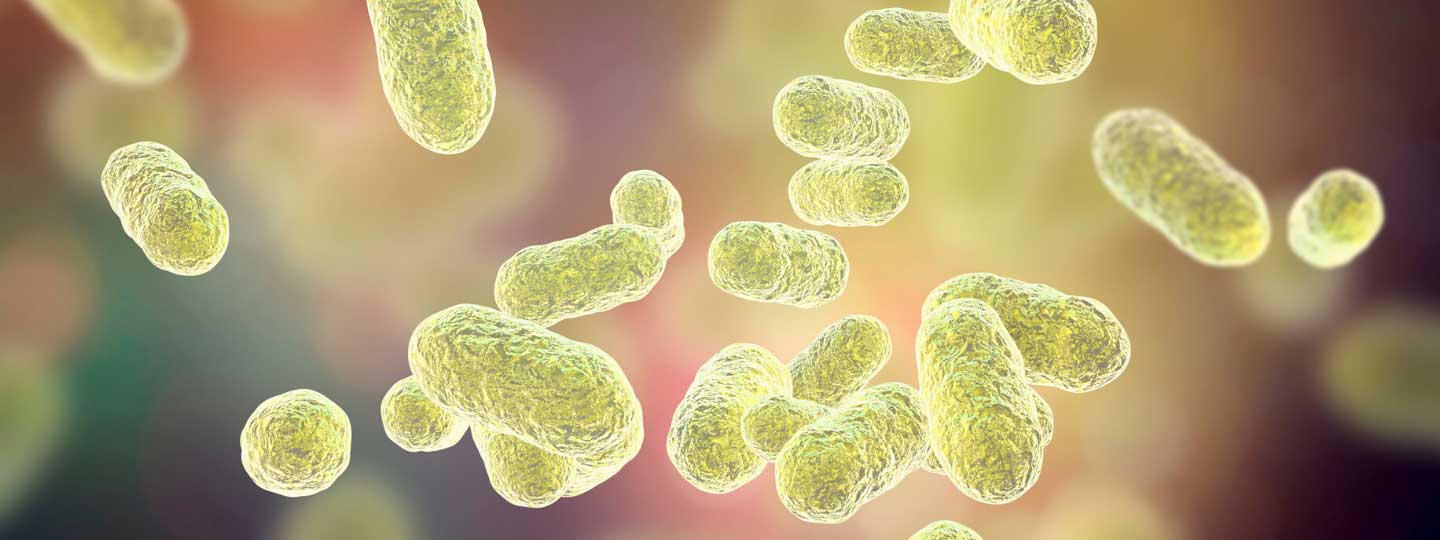Does gut bacteria play a role in rheumatoid arthritis?
26 June 2020
We know that certain genes can make some people more likely to develop rheumatoid arthritis (RA) than others, and that a combination of genetic and environmental factors play a role.
Previous research has shown that the microbiome (bacteria in the gut, mouth and elsewhere on our bodies) in people with rheumatoid arthritis differs from that of healthy individuals, however it is not known whether this difference is a cause or a consequence of disease.
Research we’re funding at King’s College London has found a group of gut bacteria that is linked with a high genetic risk of rheumatoid arthritis.
Investigating the relationship between high-risk genes and bacteria in the gut
The researchers analysed genetic and microbiome data of 1,650 TwinsUK participants with no history of RA, so that they could see if they could spot any early warning signs before the onset of symptoms.
The team calculated the twins’ genetic risk for RA and then looked at the gut bacteria identified from stool samples.
The team found that bacteria from a group named Prevotella were associated with high genetic risk of RA.
In addition, the researchers found bacteria from the same group were linked with early stages of RA when they analysed data from participants in another cohort study.
How will these findings benefit people with rheumatoid arthritis?
These findings will help researchers understand how rheumatoid arthritis may develop in the very early stages.
First author Philippa Wells explained:
“Our findings are in agreement with the gut microbiome having a role in the development of RA. Speculatively, in the future this could be a possible target for treating the condition. This is something future studies will need to explore.”
Our Head of Research Engagement, Natalie Carter said:
“8 out of 10 people who experience chronic pain every day have arthritis. Despite treatments for rheumatoid arthritis improving over the years, there are still too many people who live with persistent, excruciating pain because they do not respond to available therapies.
“By understanding how specific bacteria in the gut affects the development of rheumatoid arthritis we not only open the door to more targeted, effective treatments, but we can begin to tackle the disease sooner.
Implementing treatment that works as early as possible will keep joint damage to a minimum, help people manage their condition and allow them to lead full and active lives.”
Read more about our research
We’ll keep you posted on progress and updates. In the meantime, find out more about our research.
We’re here for you
- If you would like to talk to someone, you can call our free helpline on 0800 5200 520 (Monday to Friday, 9am to 6pm)
- Chat to Arthritis Virtual Assistant, using the blue icon in the bottom right corner of this page.
- Join our online community
- Stay in touch and follow us on Twitter, Facebook and Instagram.